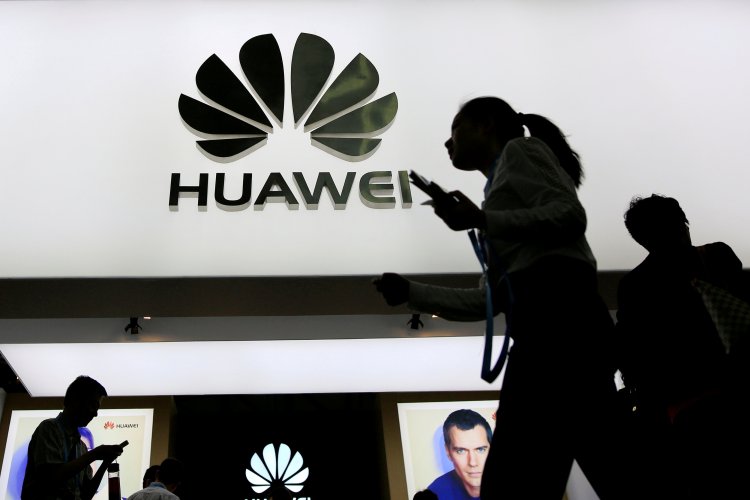Following the FCC’s announcement last week of a plan to block U.S. carriers from using federal funds to purchase Huawei products or services — based on perceived national security risks — the Chinese networking giant today issued a statement broadly denying the security claims. In the statement, Huawei said security issues cited by the FCC “simply aren’t true,” and that the restriction will hurt rural mobile customers. The denial follows months of allegations from U.S. authorities that Huawei gear could be compromised by the Chinese government, imperiling consumers and upcoming 5G networks.
Describing itself as a “100 percent employee-owned company,” Huawei says that it poses “no security threat in any country” and that “no government agency has ever tried to intervene in our operations or decisions.” It also pointed to its 30-year track record as an equipment provider now “trusted in more than 170 countries and regions,” claiming that “not a single operator has experienced a security issue with our equipment.”
“We are disappointed by the FCC’s proposal,” the statement continues, noting that Huawei had hoped to help carriers extend wireless coverage to rural and underserved areas. “If adopted, rural operators will have fewer options available to them,” as will consumers and businesses. “U.S. authorities should not base major legislative decisions on speculation and rumor.”
The Chinese electronics company’s interest in U.S. expansion was met with unusually public government opposition this January, as legislators and agencies actively lobbied U.S. carriers to drop Huawei and ZTE products over security concerns. According to U.S. officials, the companies benefit from Chinese government investments and clandestine involvement; further, they allege that backdoors could permit Chinese government actors to monitor communications and potentially seize control of future 5G networks.
June 5th: The AI Audit in NYC
Join us next week in NYC to engage with top executive leaders, delving into strategies for auditing AI models to ensure fairness, optimal performance, and ethical compliance across diverse organizations. Secure your attendance for this exclusive invite-only event.
After the heads of U.S. intelligence agencies took their concerns to foreign governments, Huawei used Mobile World Congress to call the claims “groundless,” but U.S. carriers and retailers have continued to drop the company’s products. As recently as today, Korean carriers were reportedly weighing the U.S. allegations in deciding whether to include Huawei gear when it comes to their 5G networks.
Here is Huawei’s statement in full:
After 30 years of continuous investment, Huawei has taken the lead in a number of technological domains. This is a great source of pride for us. We work closely with partners across the entire global value chain. We are committed to growing together, engaging in healthy competition, and producing the best possible products and solutions for our customers. These efforts should be recognized, not met with baseless suspicion.
US authorities have made a series of allegations against Huawei that simply aren’t true. We pose no security threat in any country. Huawei is a 100% employee-owned company. No government agency has ever tried to intervene in our operations or decisions. US authorities should not base major legislative decisions on speculation and rumor. Our products and solutions are trusted in more than 170 countries and regions. In 30 years, not a single operator has experienced a security issue with our equipment. This includes US operators.
Today’s ICT industry relies on global supply chains. To meet the real challenges of global cybersecurity, we need collaboration across the entire ecosystem. Hostility and closed doors never solved anything.
Since entering the US market in 2001, Huawei has focused on providing local operators with innovative products and solutions. We help local operators extend network coverage to underserved rural areas and bridge the digital divide. We are disappointed by the FCC’s proposal. If adopted, rural operators will have fewer options available to them, and the consumers and businesses that depend on them will have less access to quality and convenient telecommunications services.

